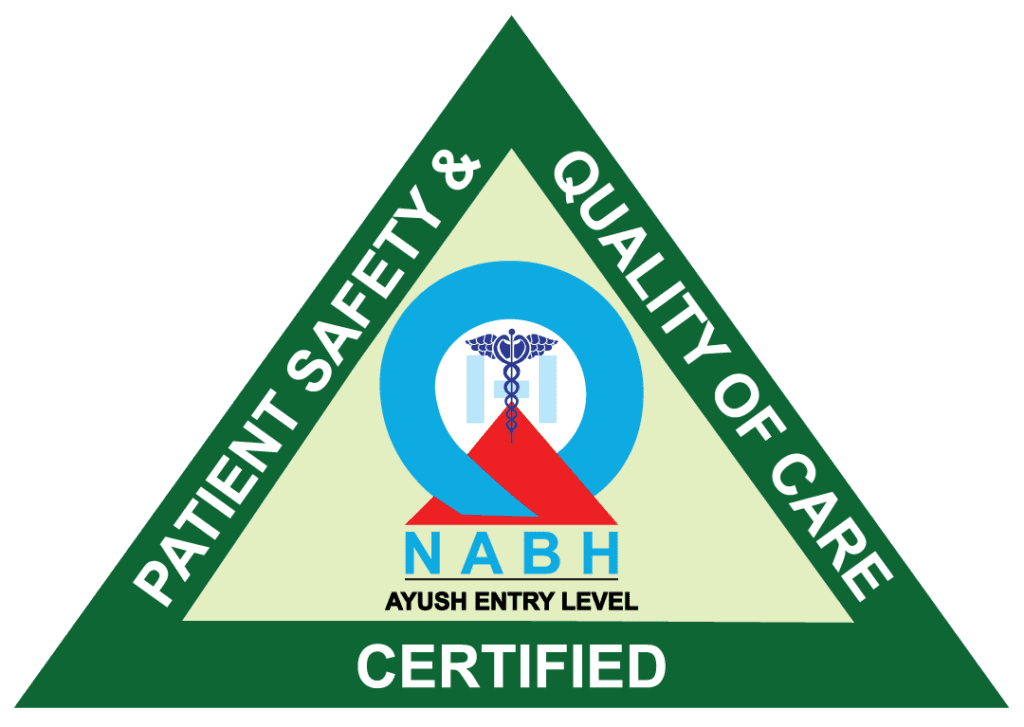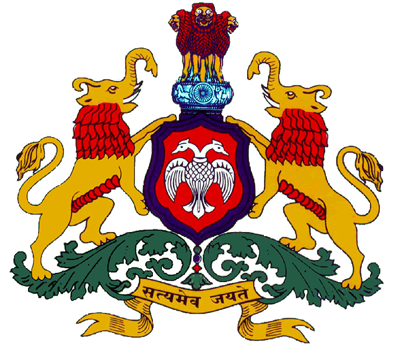diseases treated by
Panchakarma and Shamanoushadhi
Panchakarma is the Sanskrit term where “PANCHA” refers to five & “KARMA” refers to procedures. Panchakarma treatment includes preventive, curative, and promoting actions for various diseases.
Pakshaghata
Pakshaghata, also known as Hemiplegia, is a neurological disorder and is defined by the inability to move a set of muscles on either the left or right side of the body.
Ardita
Ardita (facial paralysis) is a medical disorder that disfigures or distorts the facial look of the patient, causing facial asymmetry and inefficiency.
Cerebral palsy
Disease involving the abnormal development of children because of impaired development/damage to brain during pregnancy or during delivery.
Parkinsonism
Parkinson’s disease is a brain condition that results in unintentional or uncontrollable movements like shivering, stiffness, and problems with balance and coordination.
Gridhrasi(sciatica)
Sciatica is a neurological disorder that refers to pain that radiates each leg along the sciatic nerve’s path from your lower back through your hips and buttocks.
Sandhigatavata
Sandhigata(osteo arthritis) Vata mostly appears in old age, which restricts patient’s ability to perform daily tasks and makes them disabled/ handicapped.
Amavata
Amavata (rheumatoid arthritis) is an autoimmune inflammatory disease that affects the joints and results in pain, swelling, stiffness, destruction, and functional disability.
Vataraktha
Vatarakta is the illness that causes patient’s daily lives to be disturbed by pain as the main symptom. Pain and inflammation occur when too much uric acid crystallizes and deposits in the joints.
Bronchial asthama
Bronchial asthma is a chronic inflammatory disease of the airways that is typified by bronchial hyper reactivity and varying degrees of airway blockage.
Twak roga
The Twak rogas(psoriasis, allergic skin disorders, etc) is generally knowns as “Kushtha,” which means it comes out from the inner part and destroys the organ of the body.
Polycystic ovarian disease
A polycystic ovarian syndrome(pcod) is a disease involving Menstrual cycles that are uncommon, irregular, or protracted and frequently have elevated levels of the male hormone.
Infertility
A disorder of the male or female reproductive system known as infertility is caused by the inability to pregnant after 12 months or more of regular, unprotected intercourse.
Migraine
A severe headache that usually affects one side of the head that often causes vomiting and blurred vision.
Gastritis
Gastritis is an infection of the stomach lining. Damage to the mucus-lining of the barrier that protects the stomach wall.
Varicose vein
Varicose veins are caused due to Increased pressure of the blood in the veins. Varicose veins develop in veins close to the skin’s surface (superficial).
Jwara
Jwara(fever) is the most powerful disease that can affect the body, mind, and senses. The primary feature of the illness is considered to be a rise in body temperature.
Tonsillitis
Tonsillitis refers to tonsil infection.The majority of cases of tonsillitis are brought on by a viral infection, such as the flu or common cold virus (influenza).
Madhumeha
Madhumeha(diabetes mellitus) is a condition when a person excretes urine that passes like honey. It is caused by impaired insulin sensitivity and decreased insulin production.
Madhumeha pidaka
Ayurveda has described diabetes as ‘Madhumeha’. It is commonly known as diabetes. Kapha, Pitta, and Aama create pancreatic blockages and stop insulin secretion.
Arbuda
A tumour is a mass of abnormal or disease cells that have grown within a person’s body.
Liver disorders
Liver Disorders are referred to as many disorders that stop the liver from operating or prevent it from functioning properly.




